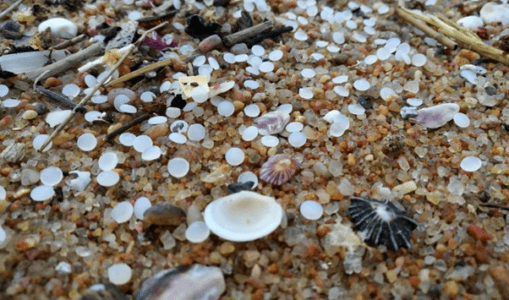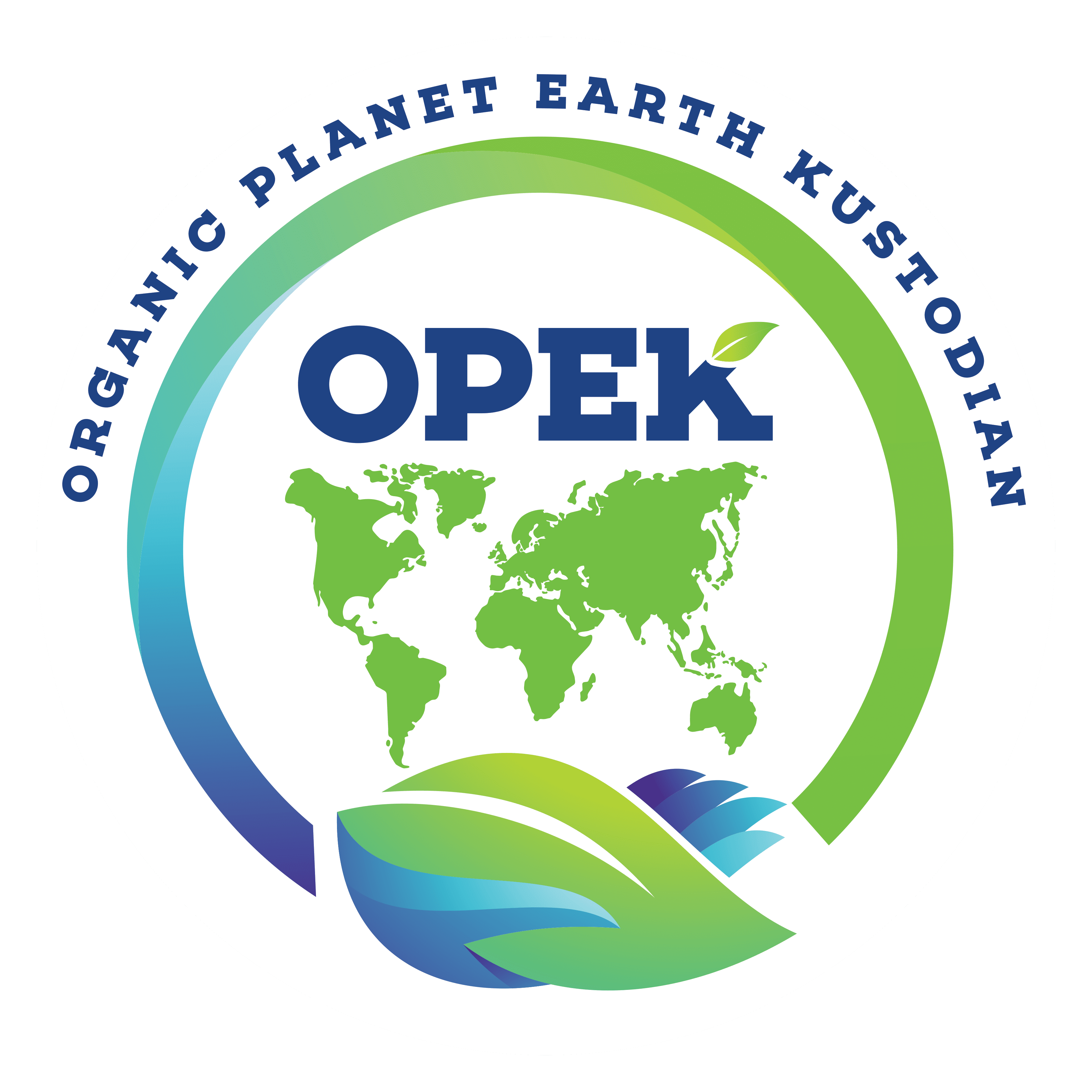Nurdles are causing as much damage as oil spills, and the world is just beginning to realise

Oil spill is considered to be one of the most severe form of pollutions to the ocean, and cases of it are often labelled as environmental disasters. However, plastic resin pellet, more commonly known as nurdles, is a form of microplastic used for the production of plastic products, and cases of them contaminating the ocean have caused severe consequences. They are often released into the ocean from plastic plants or spilled during shipping.
Nurdles pose a serious threat to the environment and human health and safety but have yet to be deemed hazardous by the International Maritime Organization (IMO). Whilst not very toxic by nature, nurdles attract other toxic chemicals and pollutants to their surfaces. In addition to harming wildlife, these pellets also have to the ability to carry dangerous bacteria such as E Coli and Cholera from sewage runoffs into bath waters (McVeigh 2021). Furthermore, spillages of nurdles during shipping often wash up on the coasts of various countries, requiring expensive and time-consuming clean-up operations.
Recently a major spillage of 87 containers – 1680 tonnes of nurdles occurred in Sri Lanka, and the pellets have washed up on the coast of various neighbouring countries, covering the coastal waters with up to 2 metres of plastic waste. The pollution is expected to further spread from Indian Ocean coastlines to Somalia in the near future. With this recent incident along with several others in the past few years, awareness is growing amongst the general population and activist have made various attempts to protest against the negligence regarding nurdles.
Ultimately, the growing awareness of nurdle spills and pollutions is applying pressure for IMO to take action against plastic pellets, and reconsider their current non-hazardous classification. Plastic pollution is generally regarded the presence of plastic products such plastic bags and bottles in bodies of water. However, the manufacturing process of these plastic products itself is also a huge contributor to the plastic pollution we see today around the globe.
References:
McVeigh, K 2021, Nurdles: the worst toxic waste you’ve probably never heard of, The Guardian, Accessed 2nd December 2021, < https://www.theguardian.com/environment/2021/nov/29/nurdles-plastic-pellets-environmental-ocean-spills-toxic-waste-not-classified-hazardous>.


 by
by